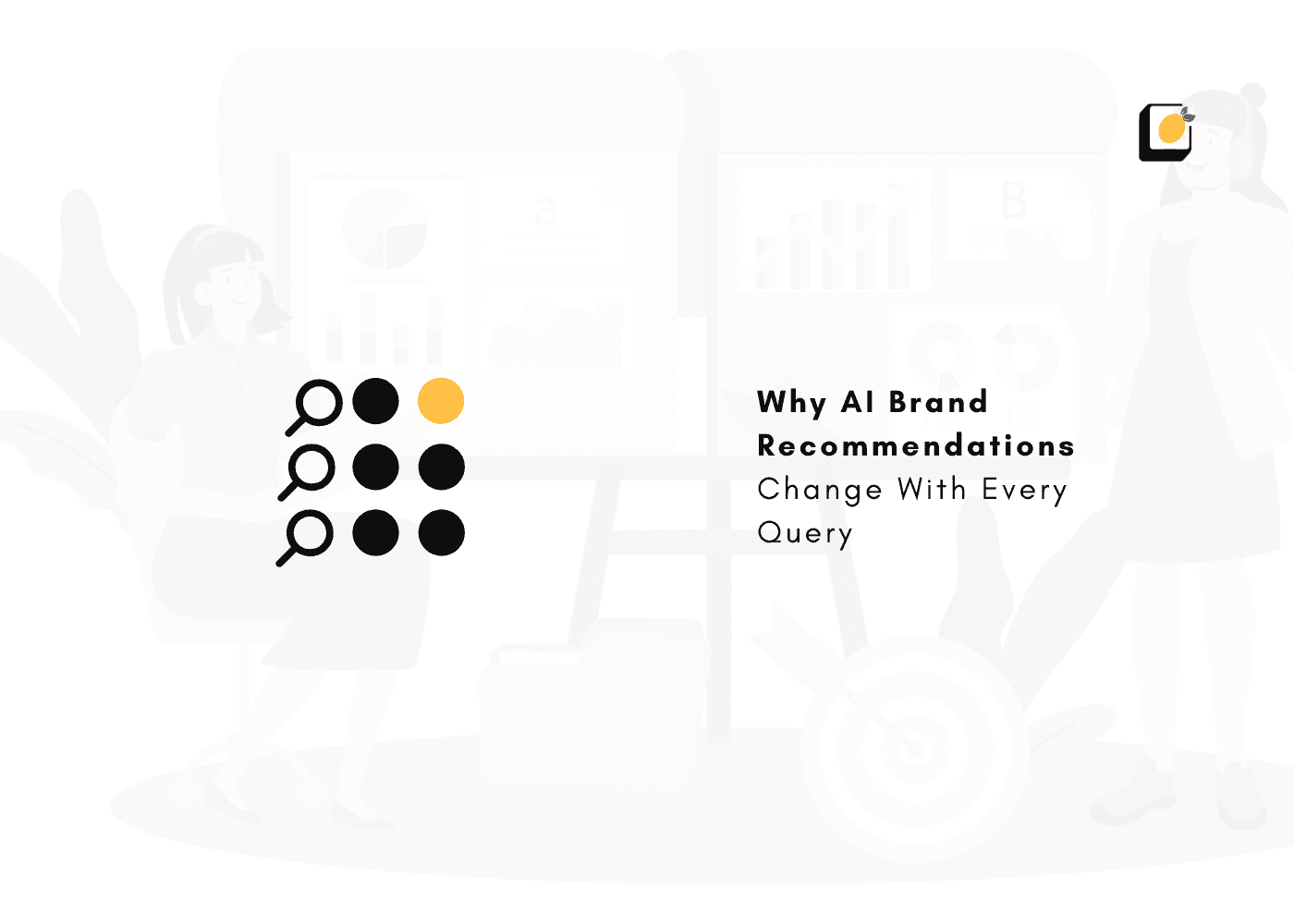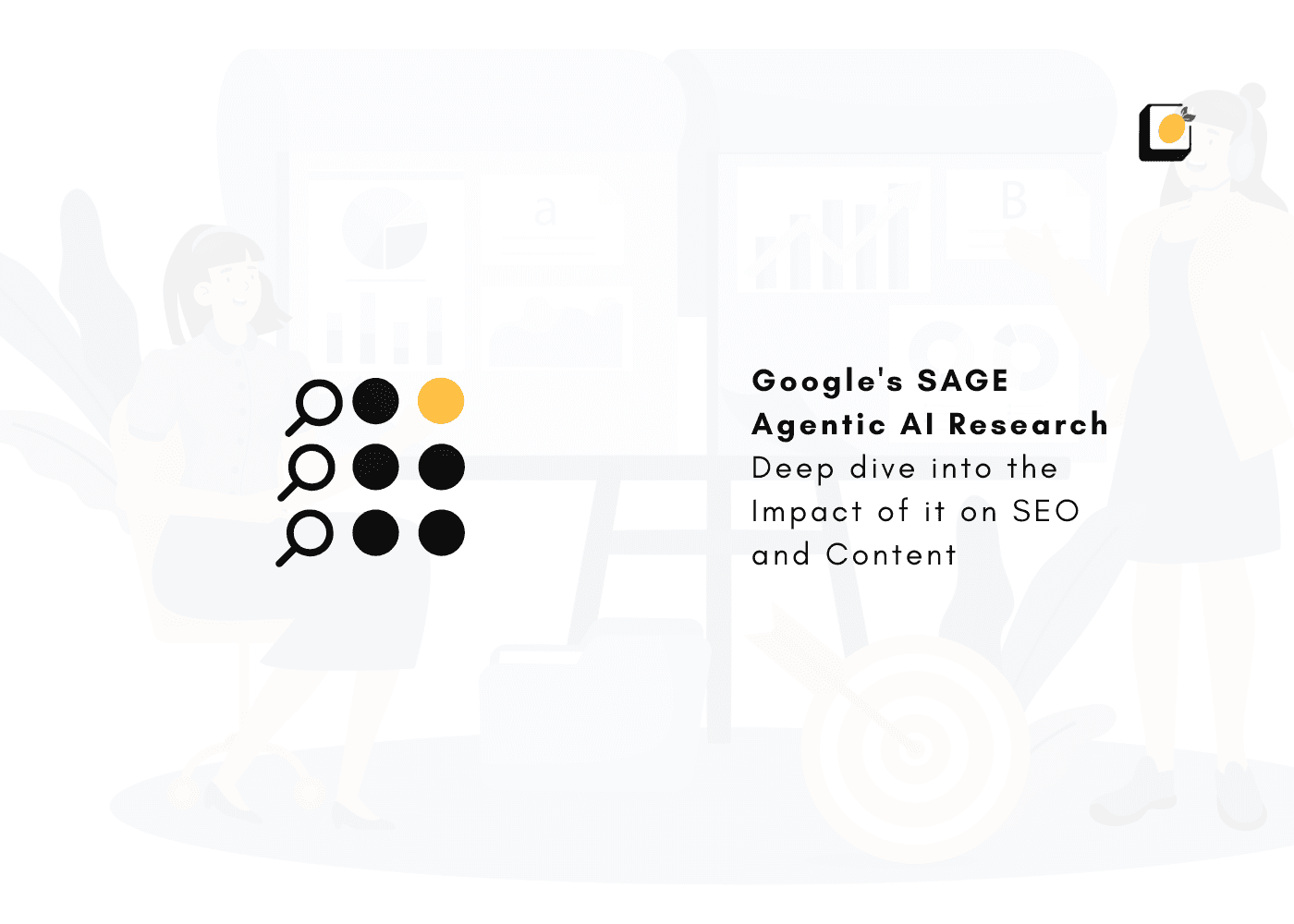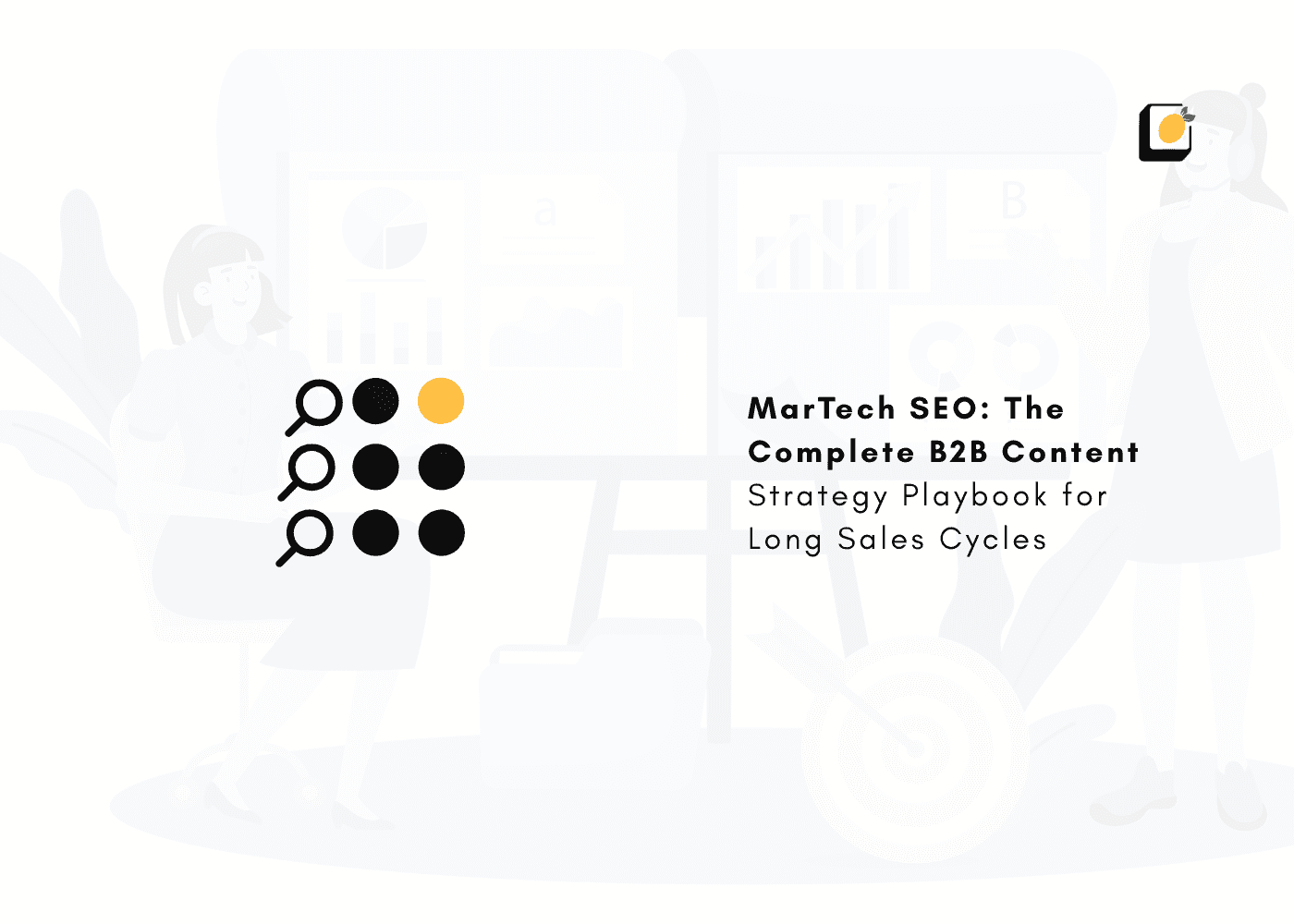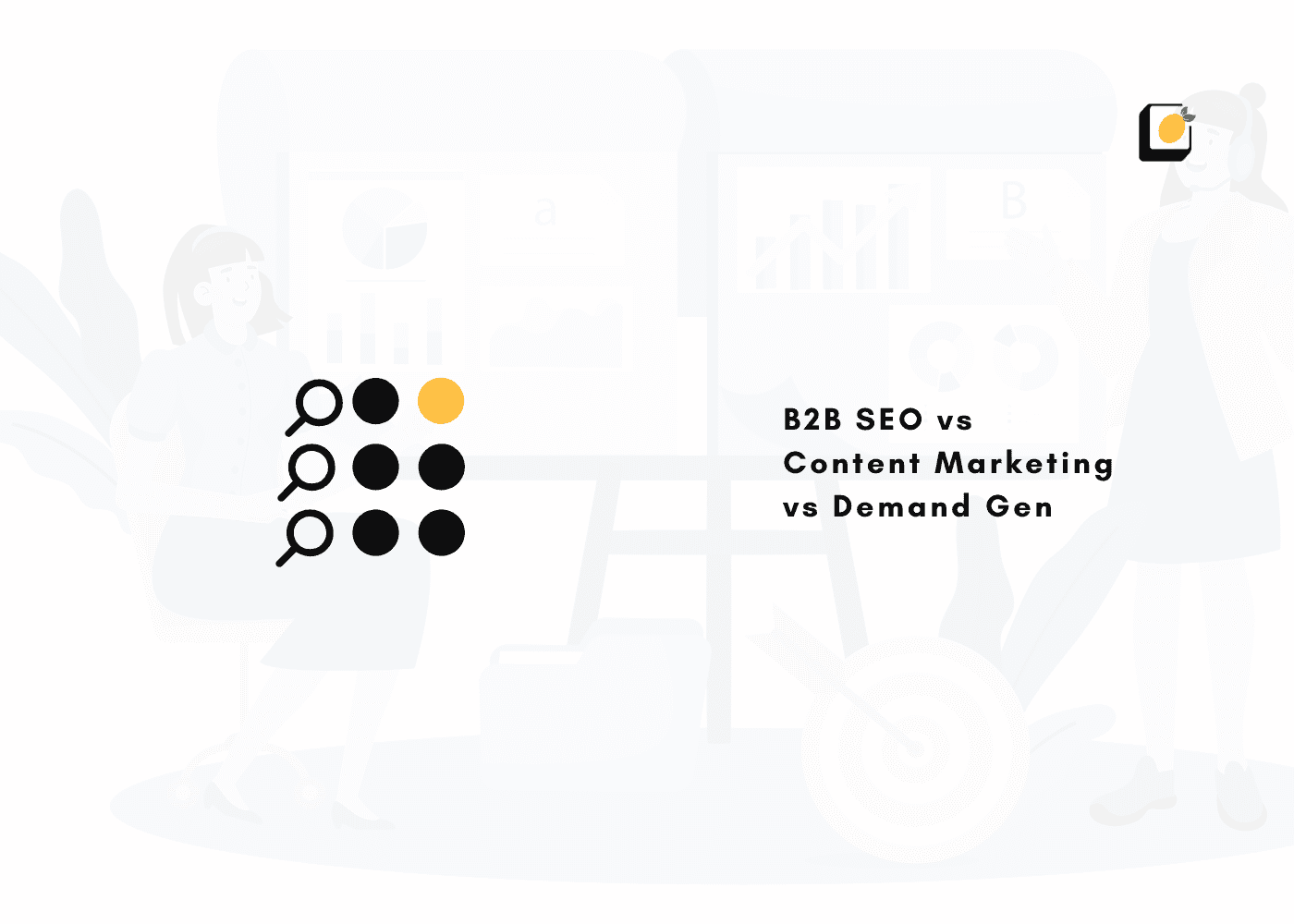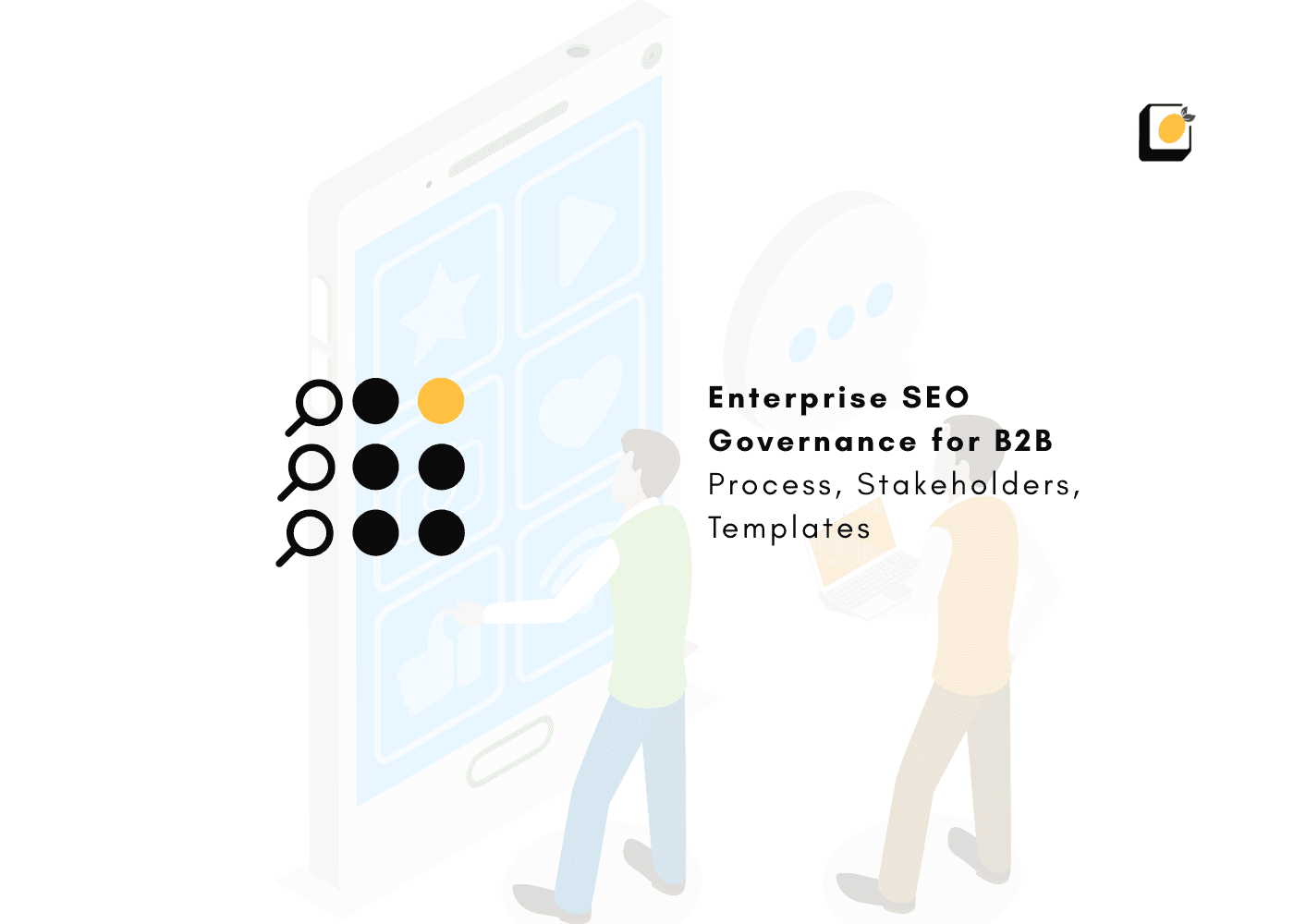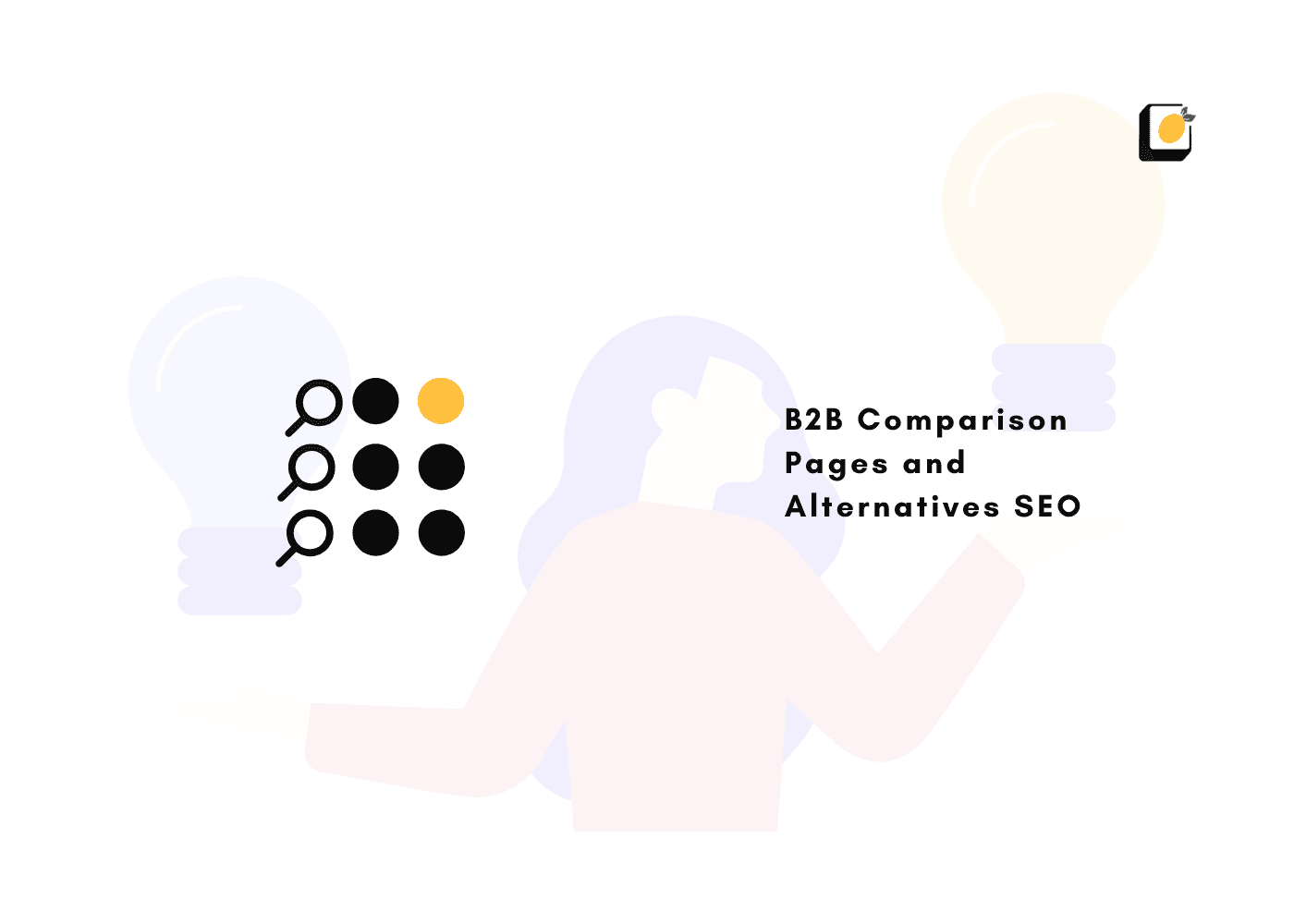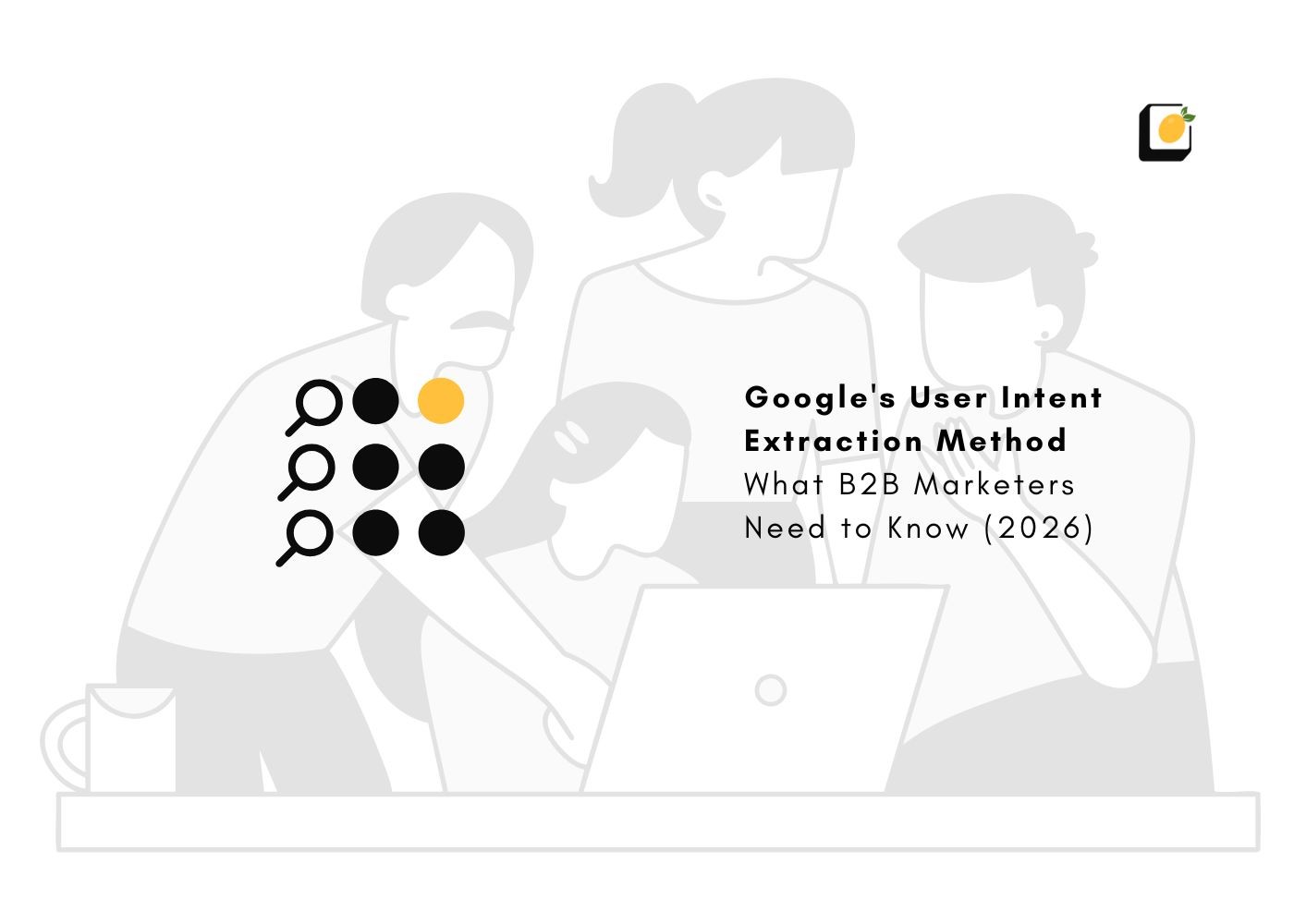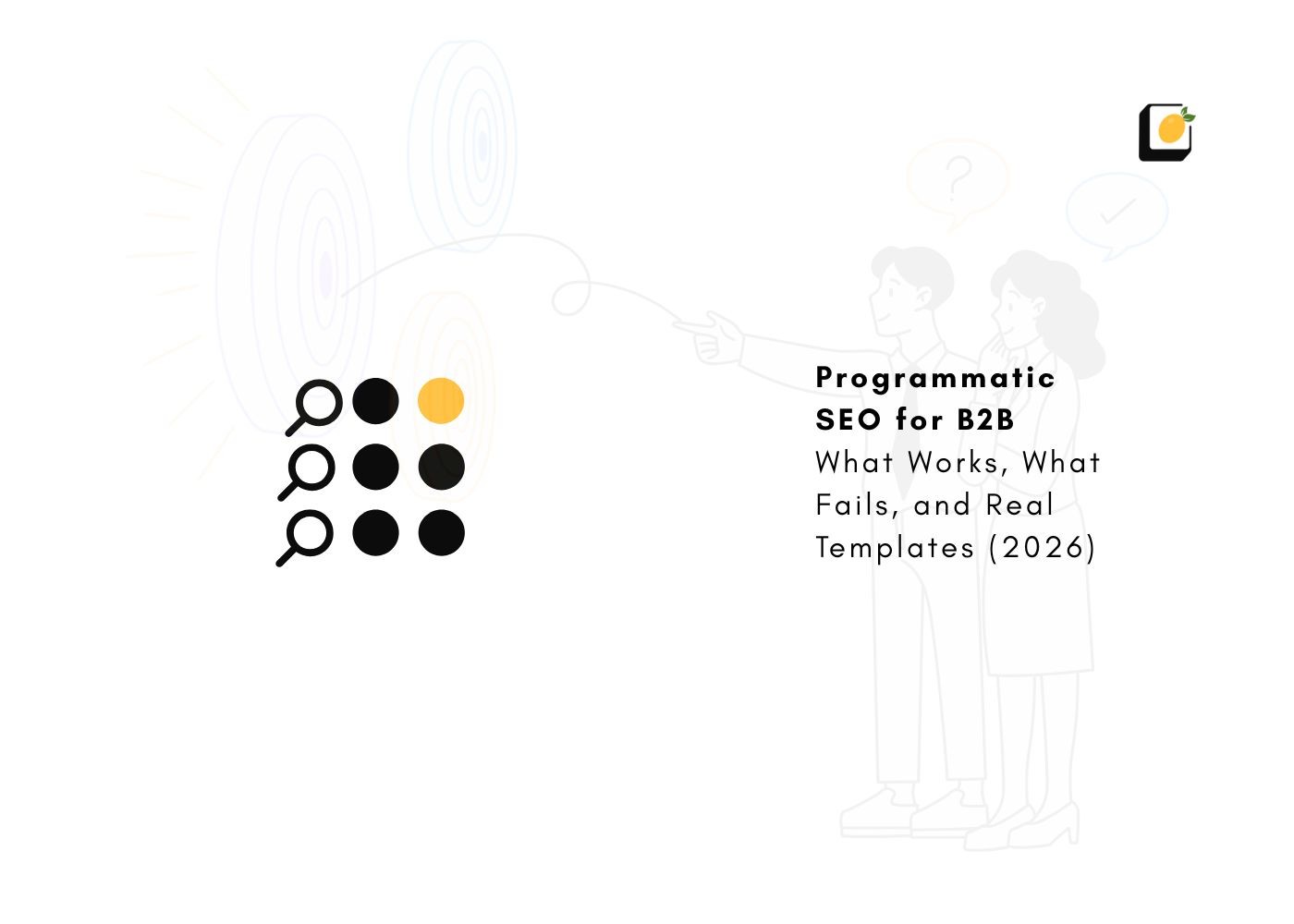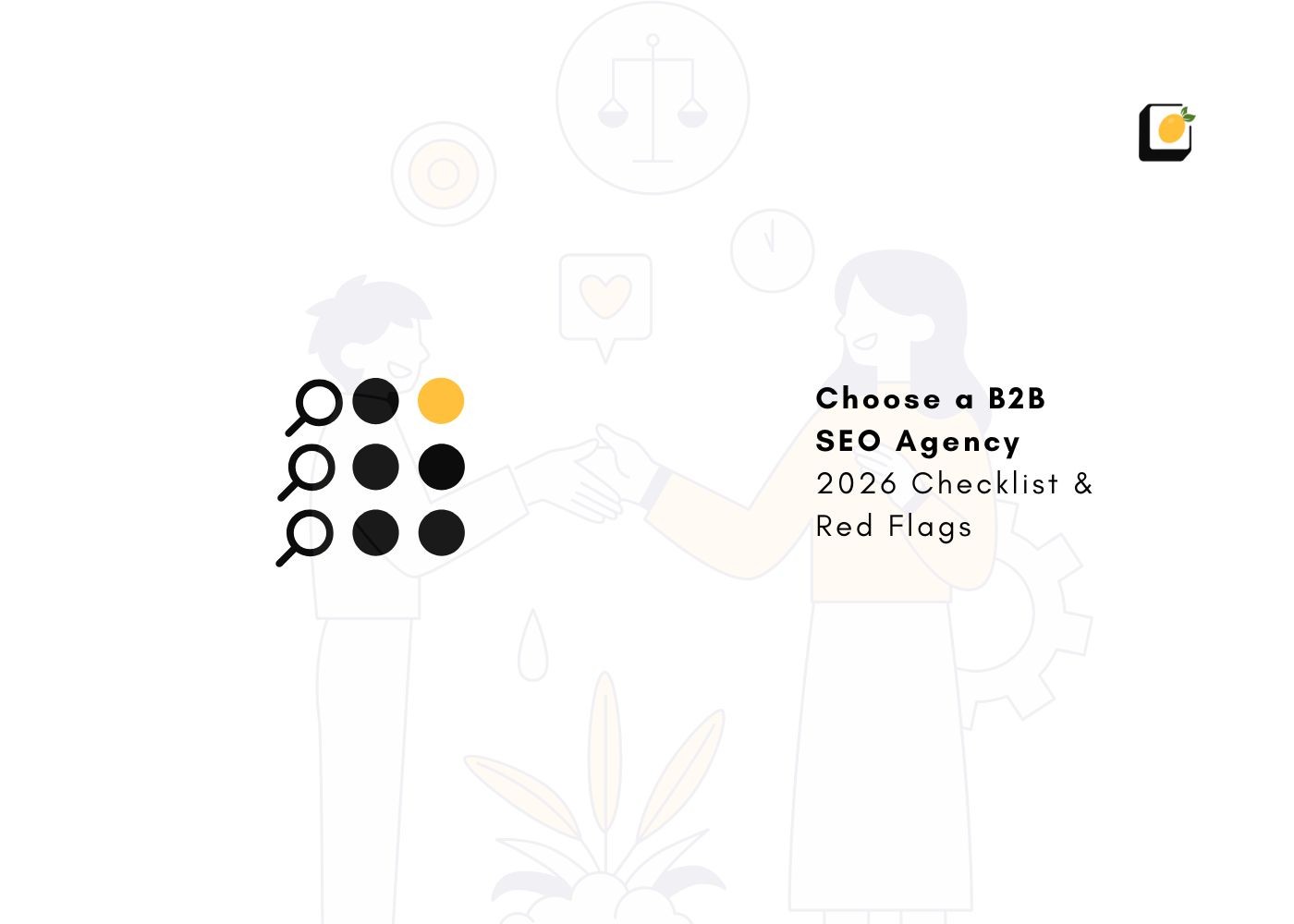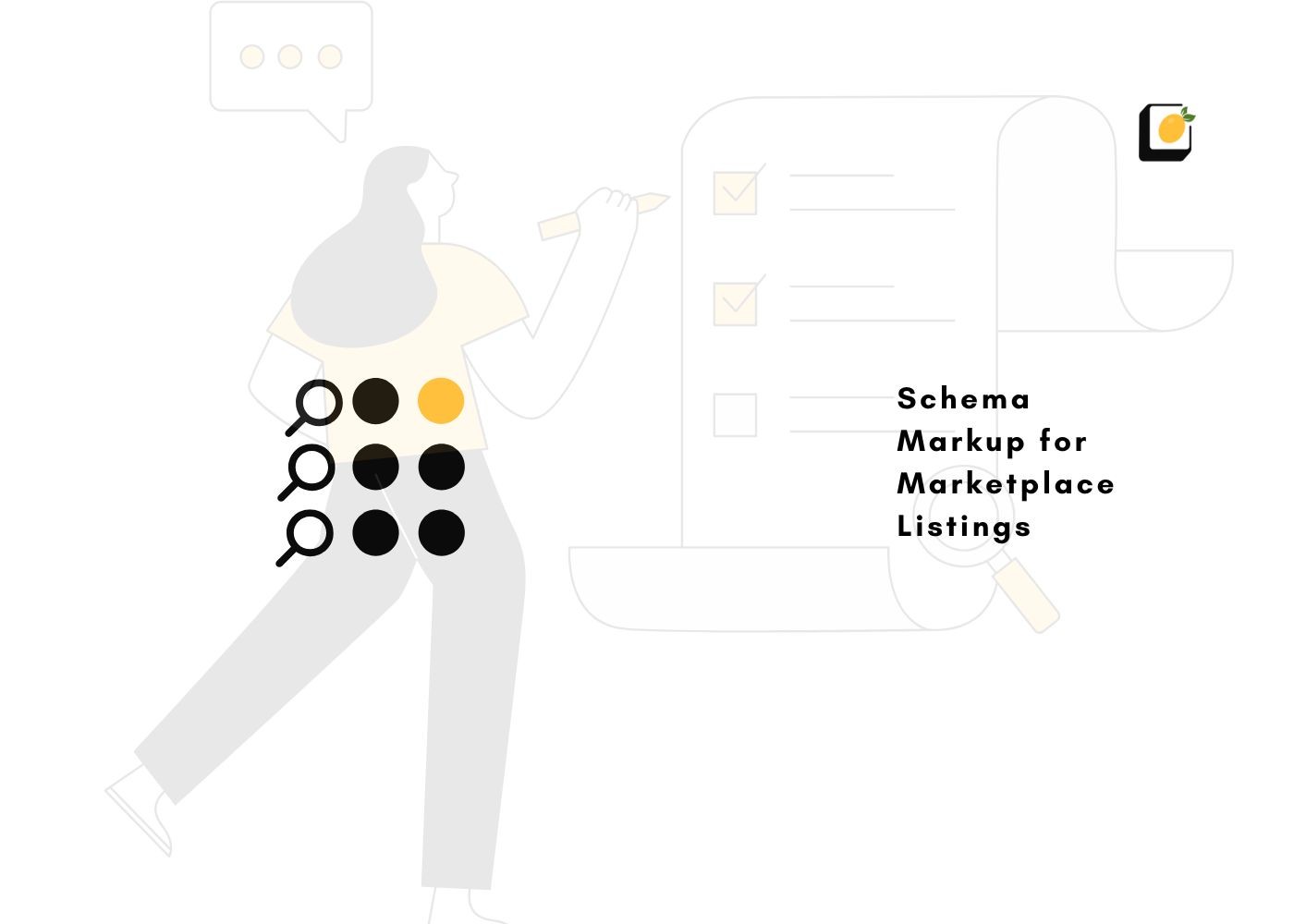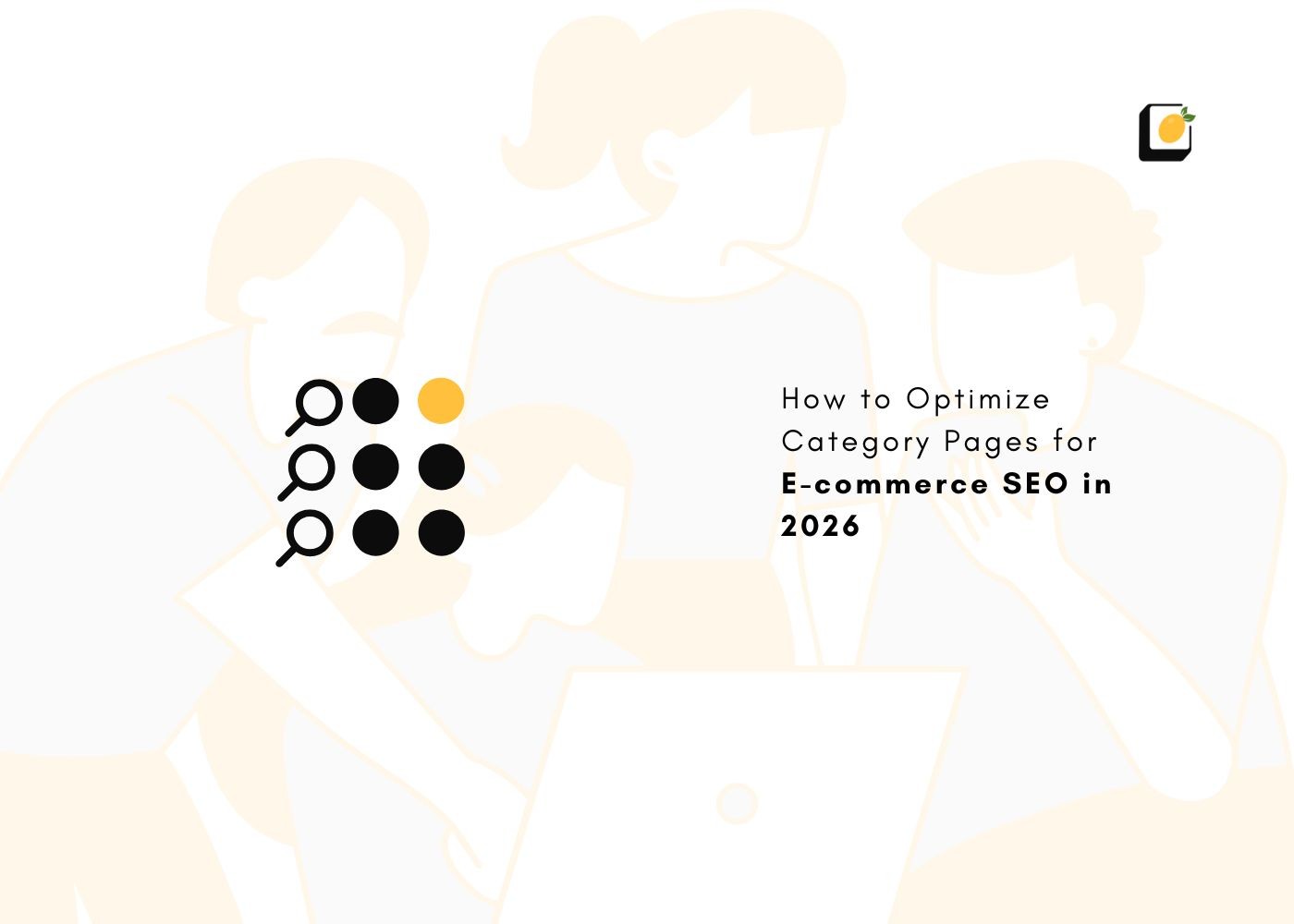Link Building Services for Ecommerce: What Works (and What to Avoid)
September 24, 2025
Join 500+ brands growing with Passionfruit!
For ecommerce brands, link building isn’t just an SEO tactic, it’s a growth driver. The right backlinks can push product and collection pages higher in search rankings, leading to increased visibility, revenue, and long-term authority. Yet not all ecommerce link building services are created equal. Some strategies drive sustainable results, while others can damage your site with penalties or wasted spend.
This guide explores the tactics that actually work, the red flags to avoid, and how to evaluate providers, from pricing tiers to risk factors. Whether you’re considering ecommerce digital PR or building product PR links, the focus is on strategies that translate directly into measurable sales.
What is Link Building?
Link building is the process of acquiring backlinks, hyperlinks from external websites pointing to your own. For ecommerce, these links signal trust and authority to search engines. Each relevant, high-quality backlink is essentially a vote of confidence in your store.
Unlike general SEO, ecommerce link building often focuses on boosting specific pages like product detail pages (PDPs), category pages, or content hubs designed to attract shoppers at different stages of the buying journey.
Importance of Backlinks for Ecommerce Success
Backlinks directly affect rankings, but for ecommerce, the benefits run deeper:
Higher rankings for PDPs and collections drive consistent organic traffic.
Authoritative links improve trust signals, making your store more competitive against established retailers.
Referral traffic from well-placed links often converts better than standard organic clicks.
In competitive niches like fashion, beauty, or electronics, link building can be the deciding factor that lifts one brand above the rest.
Effective Link Building Strategies for Ecommerce
1. Creating High-Quality Content to Attract Links
Content-led link building is the backbone of long-term growth. Ecommerce brands can create:
Buying guides and comparison pages that become link-worthy resources.
Data-driven insights such as trend reports or consumer surveys.
Interactive tools, like size calculators or style quizzes, that earn natural backlinks.
This type of content helps you secure high-quality backlinks from journalists, bloggers, and industry publications.
2. Guest Posting as a Link Building Tactic
Guest posting remains effective when done right. Writing valuable content for niche sites allows you to place contextual links back to your store. The key is quality: focus on sites with real traffic, engaged readers, and topical relevance.
Instead of generic blog posts, ecommerce brands should pitch content tied to their products. For example, a fitness apparel store could contribute posts on workout routines that naturally link to its activewear collections.
3. Utilizing Influencer Marketing for Links
Influencer partnerships aren’t just for social media reach, they can generate strong backlinks too. Influencers with their own websites or blogs can provide product PR links through reviews, listicles, or gift guides.
An experienced link building agency will connect you with influencers who align with your niche and have strong domain authority. Unlike sponsored posts that disappear quickly on social platforms, blog links live longer and carry lasting SEO value.
What to Avoid in Link Building Services
Recognizing Spammy Backlinks
Cheap services often promise hundreds of links overnight. These typically come from irrelevant directories, private blog networks (PBNs), or spammy comment sections. Such links may provide a temporary boost but can trigger Google penalties.
If a provider cannot explain where links will come from, that’s a red flag.
Understanding the Risks of Buying Backlinks
Buying backlinks in bulk may seem cost-effective, but it usually backfires. Google’s algorithms are designed to detect unnatural patterns. Paid links from irrelevant or low-quality sites can harm your domain’s reputation.
Sustainable ecommerce link building services focus on value-driven placements, not shortcuts.
Avoiding Low-Quality Link Building Agencies
Not every link building agency understands ecommerce. Low-quality providers often:
Focus on irrelevant blogs unrelated to your niche.
Deliver “no-follow” links that don’t pass authority.
Provide no transparency about pricing or deliverables.
Trusted agencies like Passionfruit build campaigns around ROI, mapping backlinks directly to PDPs and collection pages that drive revenue.
How to Measure the Success of Link Building Efforts
Success in ecommerce link building isn’t just about volume. Important KPIs include:
Domain authority and topical relevance of new backlinks.
Referral traffic from linked content.
Ranking improvements for PDPs and category pages.
Revenue attributed to linked landing pages.
Tools for Analyzing Backlink Profiles
Use link building tools to audit and measure performance:
Passionfruit Labs: Goes beyond standard backlink audits by tracking which links influence both Google SERPs and AI engines like ChatGPT and Perplexity, blending SEO with GEO insights.
Ahrefs: Offers one of the largest backlink databases, with precise link velocity tracking to monitor growth and spot sudden spikes in link activity.
SEMrush: Helps uncover competitor backlink strategies, showing where they earn mentions and which domains could be valuable outreach targets.
Moz: Provides domain authority scoring to evaluate backlink quality and benchmark site strength against competitors.
Majestic: Specializes in Trust Flow and Citation Flow, two proprietary metrics that measure the credibility and influence of inbound links.
Regular backlink audits help ensure your profile stays clean and focused.
Advanced Link Building Techniques for Ecommerce
Leveraging Data-Driven Strategies
Data is powerful in earning backlinks. Commissioning surveys, analyzing consumer trends, or publishing proprietary insights creates assets that media outlets cite naturally. For example, a fashion brand might analyze seasonal purchase data and pitch findings to style magazines.
This form of ecommerce digital PR builds both links and brand authority.
Building Relationships with Other Businesses
Partnership-driven link building works well for ecommerce. Collaborating with complementary brands for co-branded content or affiliate partnerships often leads to natural, high-quality links.
A backlink building agency with ecommerce expertise can broker these relationships while ensuring placements align with your SEO strategy.
Conclusion: Building a Sustainable Link Building Strategy
The right ecommerce link building services are a catalyst for growth. They amplify brand authority, improve rankings for critical PDPs and collection pages, and create compounding value through referral traffic and visibility.
The wrong services, however, can waste budget, damage reputation, and even trigger search penalties.
Working with experienced partners such as Passionfruit ensures link building is tied to measurable business outcomes, not vanity metrics. By combining product PR links, content-driven strategies, and smart outreach, ecommerce brands can build link portfolios that scale revenue sustainably.
Key Takeaways
Ecommerce link building services should focus on PDPs, collections, and revenue-driven pages.
Spammy backlinks and bulk-buying are high-risk strategies to avoid.
Ecommerce digital PR creates authority and long-term visibility.
Product PR links directly influence conversions and organic growth.
Measuring KPIs ensures campaigns stay ROI-focused.
Agencies like Passionfruit provide transparent, sustainable strategies.
FAQs
Q1. What are ecommerce link building services?
They are specialized SEO services focused on acquiring high-quality backlinks for ecommerce stores, often targeting product and collection pages. The goal is to boost visibility, traffic, and conversions by improving search rankings and authority.
Q2. Why is ecommerce digital PR important?
Ecommerce digital PR helps brands secure links from reputable media, driving both SEO value and consumer trust. These placements also increase brand visibility in front of relevant audiences who are likely to purchase.
Q3. What are product PR links?
These are backlinks earned through product placements, reviews, or gift guides, pointing directly to product pages to boost visibility and conversions. They not only improve rankings but also serve as trust signals for shoppers.
Q4. How much do link building services cost?
Pricing varies, from $500 per month for small campaigns to $10,000+ for enterprise-level strategies that include ecommerce digital PR. Costs typically reflect link quality, niche competitiveness, and campaign scale.
Q5. How do I know if my link building agency is effective?
Track KPIs like rankings, referral traffic, and revenue tied to linked pages. Transparent reporting is essential, and a good agency will clearly connect link placements to measurable business results.


